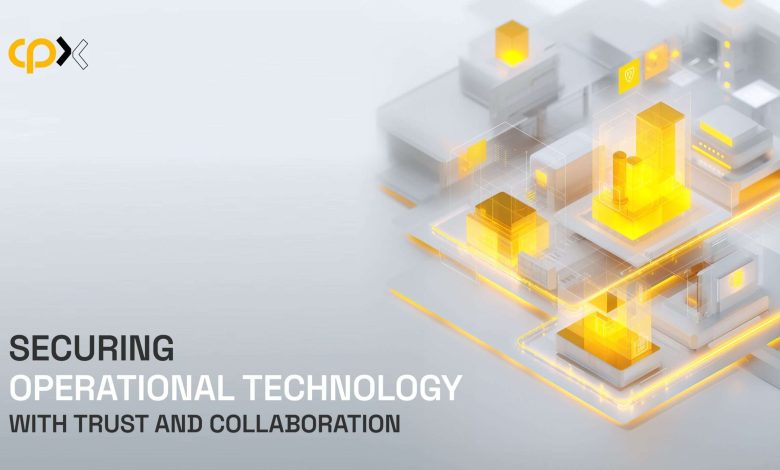
Revamping Cybersecurity: Safeguarding the Future of Industrial Operations
CPX Holding, a prominent provider of state-of-the-art cyber and physical security solutions and services, has today unveiled a new whitepaper titled “Fortifying Operational Technology through Trust and Collaboration.”
This document delivers an all-encompassing overview of the distinctive cybersecurity challenges encountered by Operational Technology (OT) environments and presents actionable guidelines for enterprises aiming to modernize in a secure manner.
As essential infrastructure sectors such as energy networks, transportation, manufacturing, and water treatment facilities become increasingly interconnected via cloud technology, IoT, and AI, the research emphasizes that applying conventional IT security frameworks is not only insufficient but may also pose risks when extended to OT. Incidents like the Triton malware assaulting safety systems, the 3CX supply chain breach, and the recent incident at the Norwegian Dam that exposed concealed weaknesses underscore that OT cybersecurity necessitates a distinct strategy.
There is an immediate demand for organizations to incorporate a ‘cybersecurity by design’ philosophy early in the Engineering, Procurement, and Construction lifecycle, rather than merely adding controls post-deployment, to foster safer and more robust industrial operations.

“These occurrences serve as a wake-up call, and organizations must cease treating OT security as if it mirrors IT,” stated Azeem Aleem, Global Executive Director of Cyber Resilience Services at CPX. “Operational settings possess specific needs. Ensuring their security requires trust, context, and a mutual comprehension of the stakes involved. The whitepaper presents a pragmatic roadmap to assist organizations in modernizing safely, safeguarding critical infrastructure, and navigating the intricate realities of cyber risk in the industrial era.”
The insights also indicate a significant skills gap. As threats become more sophisticated and the stakes escalate, there exists a deficiency of cross-disciplinary trusted advisors who blend profound industrial operations expertise with cybersecurity knowledge. The paper identifies eight essential competencies, including expertise in industrial control systems, enabling secure digital transformation, and the recognition that IT-centric solutions frequently falter in mission-critical settings.
This publication urges regulators, operators, technology providers, and the security sector to collaborate, reevaluate outdated methodologies, and establish trust-centric strategies that align with the current industrial threat landscape.










